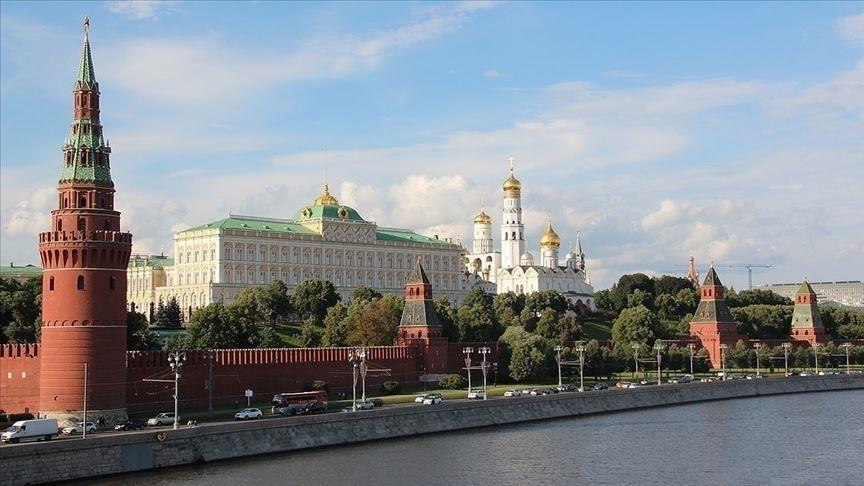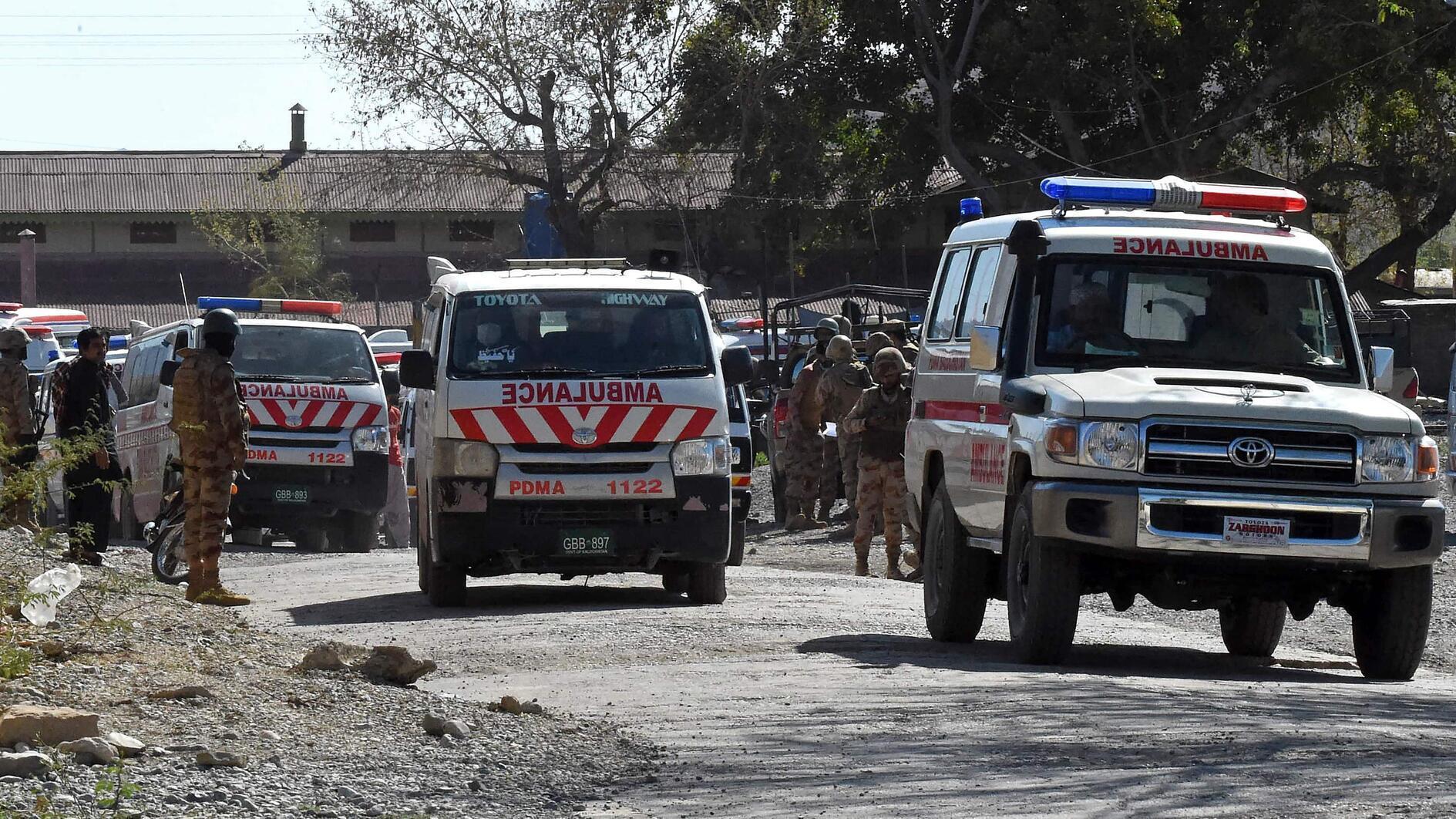Over 16 pct of Istanbul’s GDP at risk from several threats, mainly earthquakes
ISTANBUL

AFP photo
Around $82.5 billion of Istanbul’s projected annual GDP of roughly $500 billion is at risk from 18 threats, mainly earthquakes, according to a leading insurance specialist.John Nelson, chairman of Lloyd’s, the world’s leading market for specialist insurance and reinsurance, said told a Feb. 18 meeting in Istanbul that as the Turkish economy has expanded, so have the value of the assets and infrastructure requiring protection.
“In Istanbul alone, $82.5 billion of the city’s projected annual GDP of around $500 billion is at risk from these 18 threats with earthquakes, human pandemics, [and a] stock market crash in the top five in terms of a financial impact,” he said, as quoted by Anadolu Agency.
“This represents a substantial potential drag on Istanbul’s future economic growth,” he added.
According to Lloyd’s City Risk Index 2015-2025, Istanbul has the world’s seventh highest level of total GDP at risk and faces significant threats from both manmade (eighth) and natural (eighth) shocks. The latter dominates the city’s exposure profile, with earthquakes its single highest risk.
“Located on the North Anatolian Fault, the city has experienced 120 quakes during the past 2,000 years.
There is reportedly a 65 percent chance of a 7.0 magnitude or higher earthquake in the city in the next 30 years, a similar probability to San Francisco and Tokyo. The city ranks third in terms of global exposure to earthquakes, which accounts for more than a third of its total GDP at risk,” said the index, which was released in September 2015.
A number of Istanbul’s manmade threats rank highly in the Index, including its exposure to sovereign default, the world’s second highest.
“Indeed, all of the Turkish cities included in the report are unusual in having higher vulnerability to sovereign default than a market crash,” said the report.
Noting the importance of different levels of insurance penetration across the world, Nelson said, “While the U.S., the U.K. and New Zealand and Chile have a high level of insurance penetration, Turkey certainly does not.”
He said risks were becoming more concentrated, making economies and businesses more vulnerable to “catastrophic and systemic shock.”
“The nature of the risk is changing,” Nelson added.
















